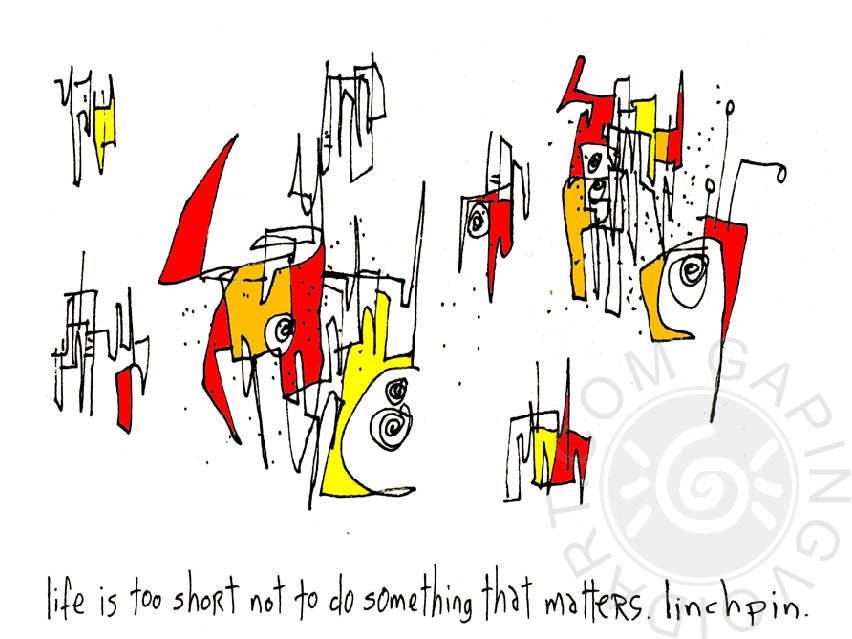This is one of my favourite essay in the book REWORK. Many people thought that only entrepreneurs get to create and start something. The rest that doesn't have the qualifications, the resources, the talent or the risk appetite wont be able to make it.
The thing is, you don't have to be identified as an entrepreneur to start a profitable company or create a remarkable product. All you need to is to start doing it. Start executing the idea you have since you were a kid.
So let's replace the fancy-sounding word with something a bit more down-to-earth. Instead of entrepreneurs, let's just call them starters. Anyone who creates a new business is a starter. You don't need an MBA, a certificate, a fancy suit, a briefcase, or an above-average tolerance for risk. You just need an idea, a touch of confidence, and a push to get started. - Excerpt from "Enough with entrepreneurs" from REWORK
Everyone should be encourage to start something on their own. You might not have all the "prerequisite" skills yet but you just need the most important one. The ability to start something. The ability of a starter.









